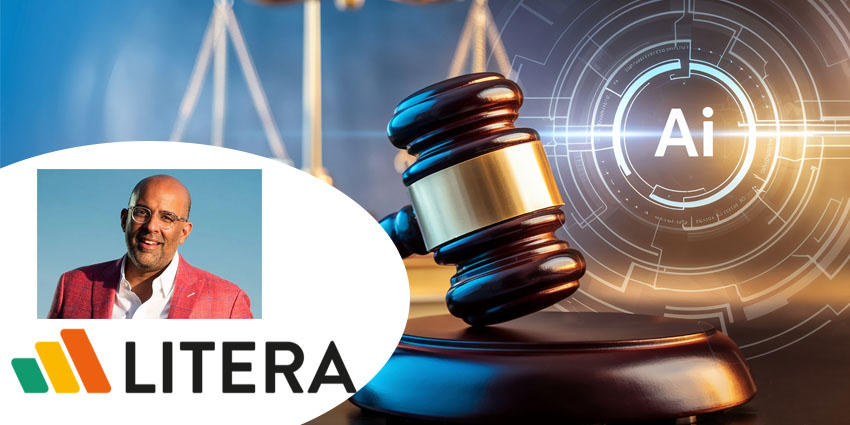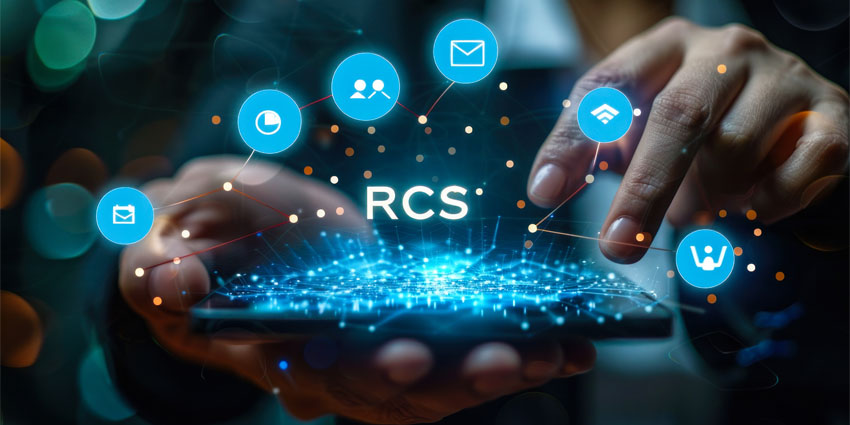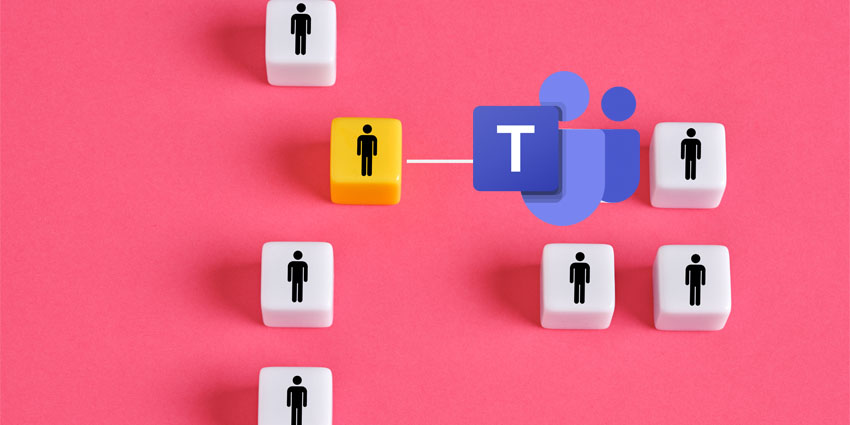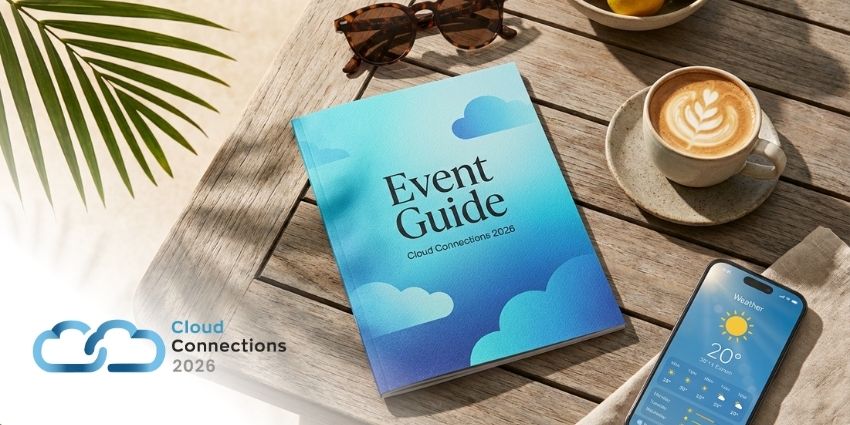At WebexOne 2025, amid the San Diego buzz of keynotes, AI fanfare, and an ocean of product updates, UC Today sat down with Anthony J. Cresci, Chief Commercial Officer and Co-Founder at Theta Lake. His calm confidence belied the complexity of the topic at hand: compliance in an era where AI and communications multiply like wildfire.
The conversation began not with the shiny new tools, but with the unglamorous truth: regulated organisations face a never-ending headache. Record-keeping that stretches decades. Supervisory controls that must catch misconduct before regulators do. Legal teams demanding access to every chat, call, and transcript at the push of a button. Without it, enterprise adoption stalls—no matter how innovative the technology.
That’s why Cisco’s new Webex Compliance Hub—built in collaboration with Theta Lake—matters. It’s not an add-on; it’s a safety net. It aims to centralise compliance across voice, video, SMS, AI assistants, and beyond.
Cresci explains it with the frankness of someone who has been building guardrails since 2018:
“If you don’t have the right compliance controls, you can’t adopt the functionality at scale.”
And then there’s the new frontier: Agent-to-Agent (A2) communication and AI governance. What happens when bots start talking to each other—or worse, when employees jailbreak AI tools for forbidden data? For Cresci, this isn’t a fringe concern but the defining challenge of the next 12–18 months.
Theta Lake has shipped more than 150 updates in just months to keep pace. The race is clear: enterprises want productivity from AI, but regulators demand control.
“The more coverage and governance you have, the better protected your organisation is,”
Cresci noted.
This is the quiet backbone of Webex’s theme of Connected Intelligence—not just smarter meetings, but safer systems. The story isn’t about AI replacing humans. It’s about ensuring that when intelligence is connected, it’s also contained.
More WebexOne 2025 News
- WebexOne 2025: Connected Intelligence Takes Centre Stage
- WebexOne 2025: Cisco Bets Big on Agentic Collaboration
- “Hope Is Not a Strategy” – Cisco Webex’s Intentional Leap into Agentic AI
- Inside Cisco’s AI Canvas: Amit Barave on the Future of Webex
- Cisco, Microsoft, and NVIDIA Just Changed the Game for Meeting Rooms
- Webex Just Solved the Most Annoying Problem in Work






